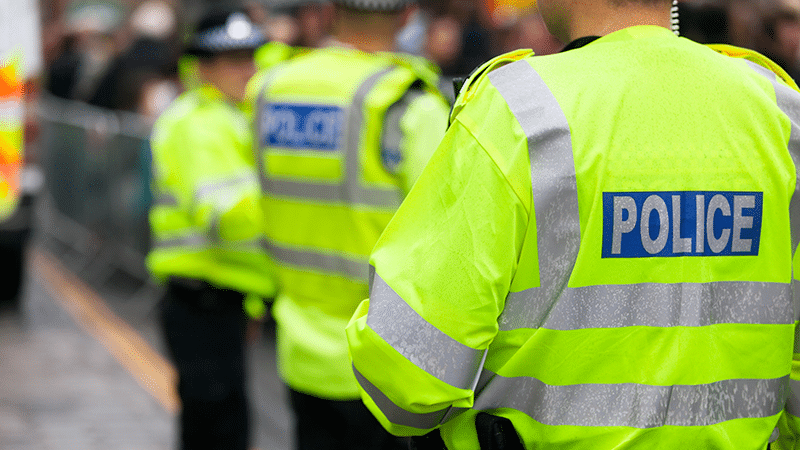Police forces in Britain recorded 13,200 ‘non-crime hate incidents’ (NCHIs) in the year to June 2024, according to freedom of information responses.
Lincolnshire police, one among 45 of the UK’s 48 forces to submit data to The Times newspaper, logged an NCHI against journalist Mau Spencer after he was reported for referring to the deaf community using an outdated term in a Scootering magazine article.
In August, Home Secretary Yvette Cooper pledged to make it even easier to record such ‘hate incidents’, which are not criminal offences.
Intimidation into silence
On Tuesday, Director of Public Prosecutions Stephen Parkinson confessed that, until recently, he “had no idea” what NCHIs were.
He cast doubt on their usefulness, and commented that “even within the police service there has been some surprise at the level of non-crime hate incidents that have been investigated”.
Also this week, Essex’s Police and Crime Commissioner Roger Hirst publicly questioned the resources deployed by his own force looking into 702 NCHIs between June 2023 and June 2024. He asked: “Is that necessarily a good use of time?”
even within the police service there has been some surprise at the level of non-crime hate incidents that have been investigated
No investigation
College of Policing Guidance on NCHIs previously stated that when someone claims they have been a victim of hatred, officers must keep a record against the name of the accused person even where no crime was actually committed. No investigation of the claims was required.
Last year, under the Conservative government, the guidance was changed to emphasise that the police should only include someone’s personal details in an NCHI if the event presents “a real risk” of either “significant harm” or a “future criminal offence”.
But in August a Home Office source revealed Yvette Cooper had committed to reversing the decision, saying: “It is vital that the police can capture data relating to non-crime hate incidents when it is proportionate and necessary to do so in order to help prevent serious crimes which may later occur.”
‘Great cost to freedom’
At the time, The Christian Institute’s Director Ciarán Kelly warned against the change, saying: “There is a reason why the previous Government drew up new guidance with the College of Policing: far too many people were being caught by NCHIs, their details kept on permanent records – details which would show up in DBS and employment checks – and for the most trivial of reasons.”
He said that the Home Secretary’s new ‘zero tolerance’ measures should “give pause to everyone who values free speech”, coming “hot on the heels of the scrapping of the Higher Education (Freedom of Speech) Act and calls to ‘toughen up’ the 2023 Online Safety Act”.
Mr Kelly added: “Hopefully we can all agree that hating others is wrong. But previous attempts to properly define ‘hatred’ have proven both elusive and divisive. Such restrictions can come at great cost to freedom and do not deliver the benefits that are claimed for them.”
Home Secretary: ‘Offending someone is not a criminal offence’
Kate Forbes: ‘Scots are fed up of being intimidated into self-censorship’
Trans activists fail to shut down PM-backed Oxford Union event
Comedy club apologises for cancelling MP who upset snowflake staff


